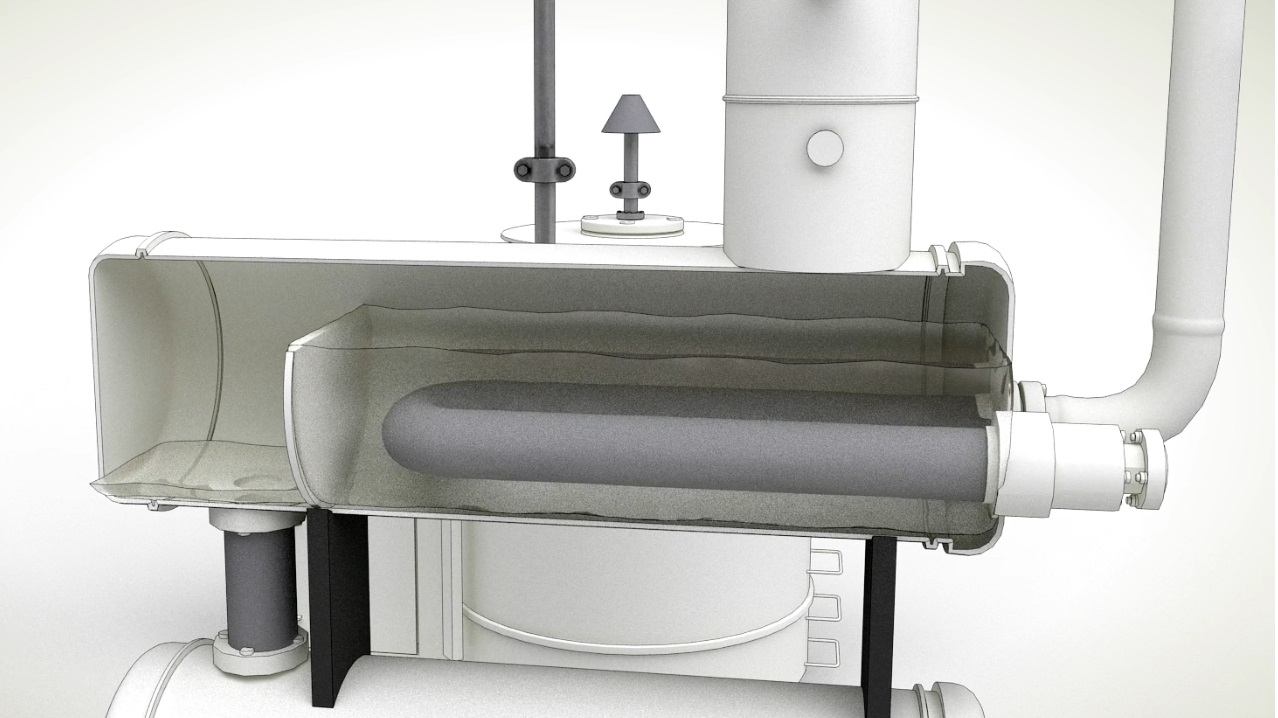TEG Dehydration - Intermediate
Builds upon the content covered in the TEG Beginner course and goes into detail about how to calculate water content in natural gas streams, typical operating conditions, alarms in a TEG unit, troubleshooting, and TEG analysis.
Course Price
400

Content
Tartan Academy Instructions
1-1 Hydrate Formation
1.2. Gas Hydrate Structures & Formation Composition
1.3 Effect of Gas Composition on Hydrate Formation
2.1 Hydrate Control Methods - Chemical Inhibition 1
2.2 Hydrate Control Methods - Chemical Inhibition 2
2.3 Hydrate Control Methods - Physical Heat Application
2.4 Hydrate Control Methods - Liquid Desiccants
3.1 Total Water Content in Natural Gas
3.2 Total Water Content in Natural Gas and CO₂ and H₂S
3.3 Dewpoint Depression
3.4 Dewpoint Analyzers
4.1 Typical Dehydration Unit Operating Conditions and Alarms 1
4.2 Typical Dehydration Unit Operating Conditions and Alarms 2
4.3 Typical Dehydration Unit Operating Conditions and Alarms 3
5.1 Dehydration Plant Optimization and Troubleshooting
5.2 Foaming Identification and Troubleshooting
5.3 Hydrocarbon Contamination
5.4 Salt and Chloride Contamination
5.5 Suspended Solids Contamination
5.6 Corrosion Contamination
5.7 Dewpoint Control and TEG Circulation Issues
5.8 Glycol Loss Issues
5.9 Glycol Loss Issues 2
6.1 The Importance of Glycol Lab Analysis
6.2 Water Content Analysis
6.3 Fluid Composition Analysis
6.4 Hydrocarbon Content Analysis
6.5 Foaming Tendency Analysis
6.6 Chloride Content Analysis
6.7 pH Analysis
6.8 Suspended Solids Analysis
7.1 Summary
Sample Lesson Preview
6.1 The Importance of Glycol Lab Analysis
6.1 The Importance of Glycol Lab Analysis
Duration: 04:35

